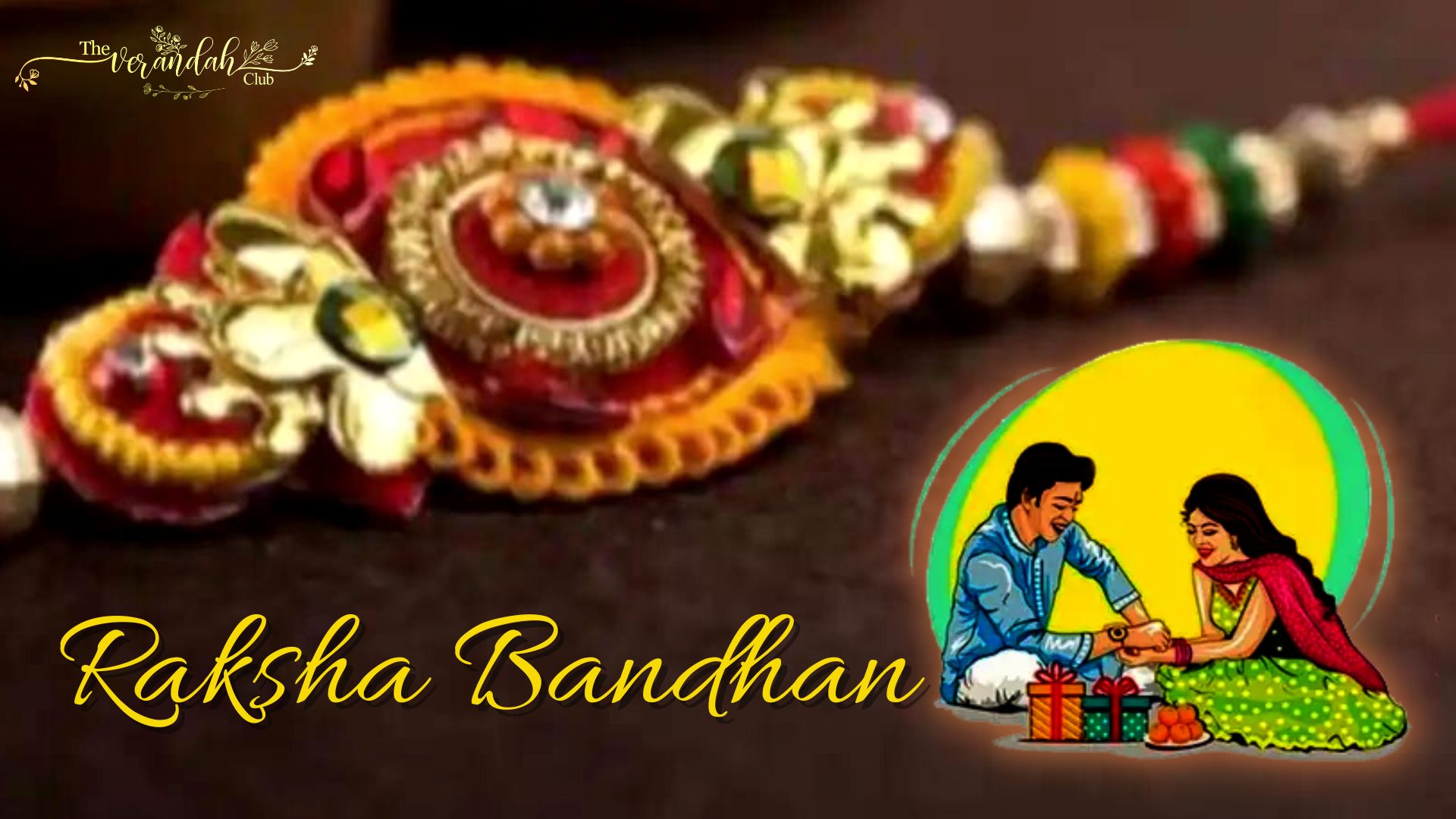
“India is my country. All Indians are my brothers and sisters”. That was how my days began during my school days. The sense of brotherhood and sisterhood need not be instilled but it is inherent in the minds of Indians. A brother and sister have a special tie that is indescribably strong and difficult to put into words. The bond between siblings is exceptional and valued everywhere in the world. However, since there is a celebration called Raksha Bandhan dedicated to sibling love in India, the relationship becomes much more significant.
The Hindu lunar calendar month of Shravana, which usually falls in August, is the day on which Raksha Bandhan is observed. Today, this practice is most commonly referred to as ‘Raksha Bandhan’, which is Sanskrit for ‘the link of protection, obligation, or care.’ A domestic priest would tie amulets, charms, or threads on his patrons' wrists, alter their sacred thread, and receive presents of money during this ceremony, which had its origins in ancient Hindu literature, until the mid-20th century. In some regions, this is still practiced today.
The sister-brother celebration, on the other hand, had roots in folklore and had names that varied depending on the region, with some being translated as Saluno, Silono, and Rakhi. The sisters would tuck barley shoots behind their brothers' ears as part of a Saluno rite. Together, the event represents the enduring love of the brother-sister bond, which goes beyond just biological ties. Additionally, cousins, sisters-in-law, fraternal aunts, nephews, and other such relatives participate in the festivities.
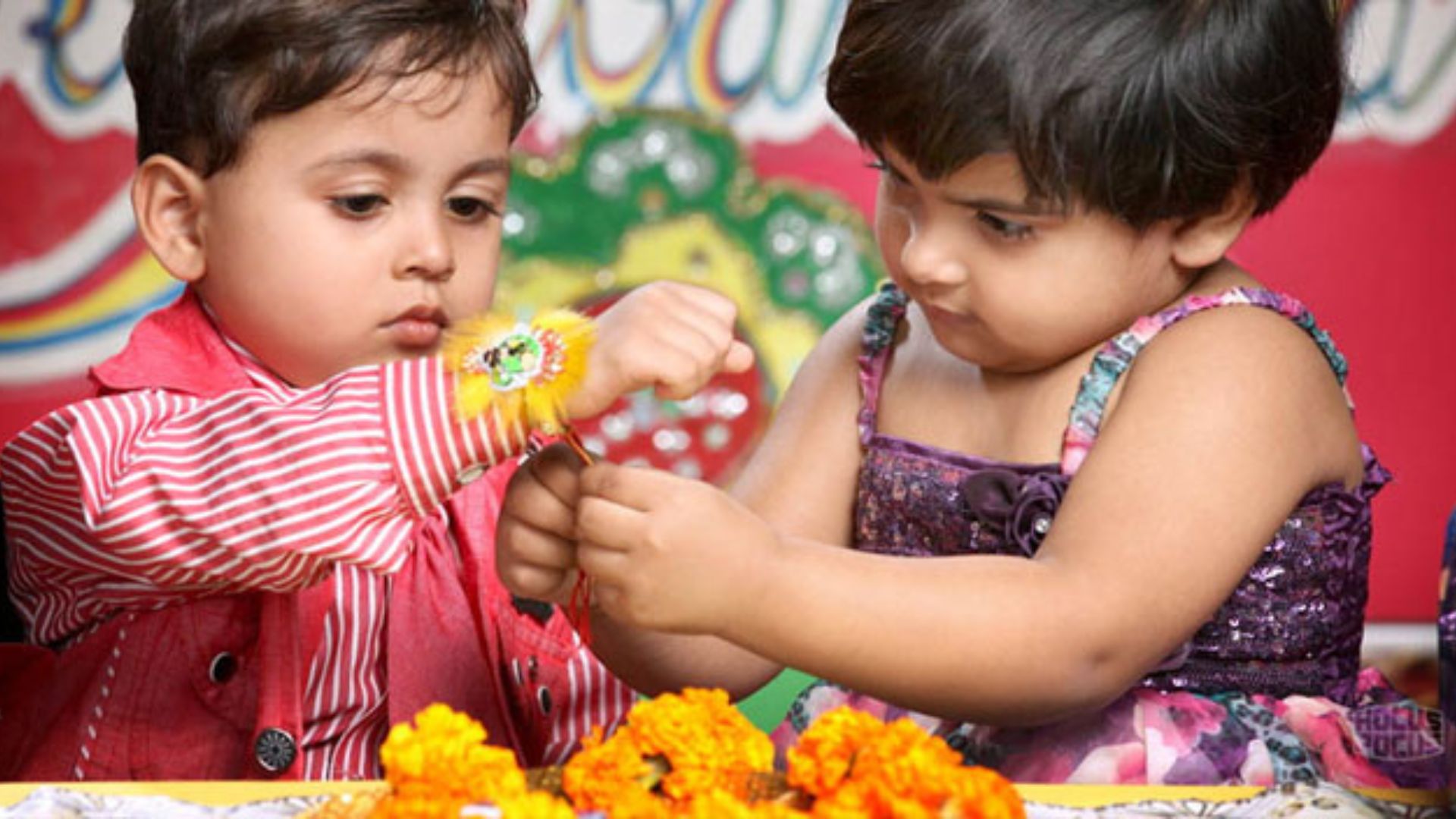
On this day, a sister will wrap a rakhi around her brother's wrist in an act of prayer for his good fortune, health, and wellbeing. In exchange, the brother gives his sister presents and makes a pledge to look out for her in all situations. The holiday is also observed by brother-sister pairs who are distant relatives, cousins, or other family members.
Hindus primarily celebrate the holiday in northern and western India, as well as other nations like Nepal, Pakistan, and Mauritius. The Jain community honors this day, during which Jain priests present their worshippers with ceremonial threads. The Sikhs celebrate this brother-sister love event as ‘Rakhardi’ or ‘Rakhari’. There are various tales associated with the celebration of this unique event, and it is known that Raksha Bandhan dates back many centuries.
According to the lengthy Bhavishya Purana narrative, there was once a bloody conflict between Gods and demons that featured Indra Dev and Sachi. Lord Indra, the chief deity of the sky, rain, and thunderbolts, was facing up against the formidable demon King, Bali, who was fighting on the side of the gods. The conflict dragged on for a very long time without coming to a clear conclusion. After noticing this, Indra's wife Sachi rushed to Lord Vishnu, who gave her a holy cotton thread bracelet. Lord Indra, who ultimately slew the demons and retrieved the Amaravati, was wrapped in the holy thread that Sachi had placed around his wrist. According to an older description of the event, these holy strands were amulets that women used as talismans and fastened to their husbands before they left for battle. Unlike now, such divine links were not just found in connections between brothers and sisters.
Another story from the Bhagavata Purana and the Vishnu Purana unfolds deeper aspects to it. When Lord Vishnu defeated the demon King Bali to win the three realms, the demon king requested that Vishnu dwell next to him in the palace. The request was granted, and the Lord moved in with the demon king. Goddess Lakshmi, the wife of Lord Vishnu, wished to go back to Vaikuntha, where she was born. She then transformed Bali, the demon king, into a brother by wrapping a rakhi around his wrist. Goddess Lakshmi requested Bali to release her husband from the promise and allow him to go back to Vaikuntha when she inquired about the return gift. When Bali granted the request, Lord Vishnu and his wife, Goddess Lakshmi, went back to their home.
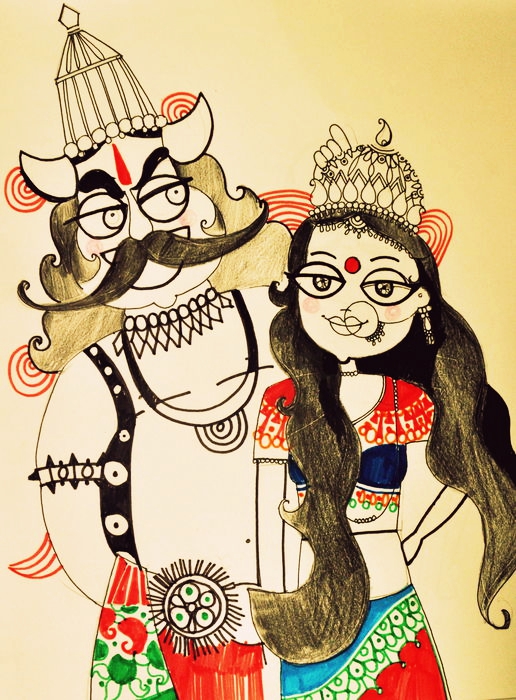 The story of Santoshi Maa is another interesting backing to the Rakhsa Bandhan festival. It is stated that Shubh and Labh, the two sons of Lord Ganesha, were disappointed because they lacked a sister. Their father finally gave in to their request for a sister after the saint Narada's assistance. This is how Lord Ganesha formed Santoshi Maa using the heavenly fires, giving his two sons a sister in time for Raksha Bandhan. According to a Mahabharata narrative, Draupadi, the wife of the Pandavas, tied a rakhi to Lord Krishna, while Kunti, before the epic battle, tied a rakhi to her grandson Abhimanyu.
The story of Santoshi Maa is another interesting backing to the Rakhsa Bandhan festival. It is stated that Shubh and Labh, the two sons of Lord Ganesha, were disappointed because they lacked a sister. Their father finally gave in to their request for a sister after the saint Narada's assistance. This is how Lord Ganesha formed Santoshi Maa using the heavenly fires, giving his two sons a sister in time for Raksha Bandhan. According to a Mahabharata narrative, Draupadi, the wife of the Pandavas, tied a rakhi to Lord Krishna, while Kunti, before the epic battle, tied a rakhi to her grandson Abhimanyu.
Once Yama, the god of death, neglected to see his sister Yamuna for a period of 12 years, which caused her to grow depressed. On Ganga's recommendation, Yama visited Yamuna, who was delighted to see him and showed him some brotherly hospitality. The Yama who had requested Yamuna for a present was thrilled by this. She stated her desire to keep seeing her brother. As soon as he heard this, Yama made his sister Yamuna immortal so he could keep seeing her. This mythical story serves as the inspiration for the Bhai Dooj holiday, which is also centered around the bond between brothers and sisters.
Nowadays we see memes and posts becoming trending with the hashtags #brother_from_another_mother. Even when it feels cliche, it makes us happy to see the sense of love we share as the sons and daughters of Bharat Mata. In a sense, we all are siblings. Aren’t we?
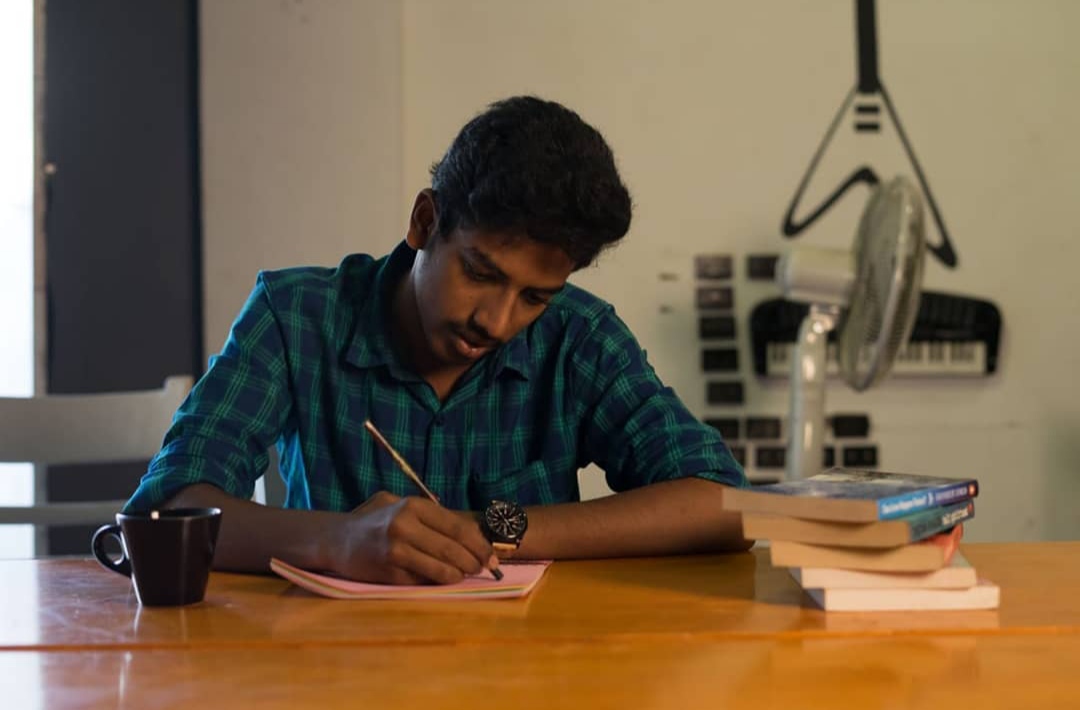 Vigneshvaran is the Special Correspondent of the company. He is a graduate of English Literature with keen interest in Indian culture and tradition. He has authored the book Halahala - Corona Outbreak 2020. He writes poems in both English and Tamil. He is also an excellent orator.
Vigneshvaran is the Special Correspondent of the company. He is a graduate of English Literature with keen interest in Indian culture and tradition. He has authored the book Halahala - Corona Outbreak 2020. He writes poems in both English and Tamil. He is also an excellent orator.
NEXT ARTICLE
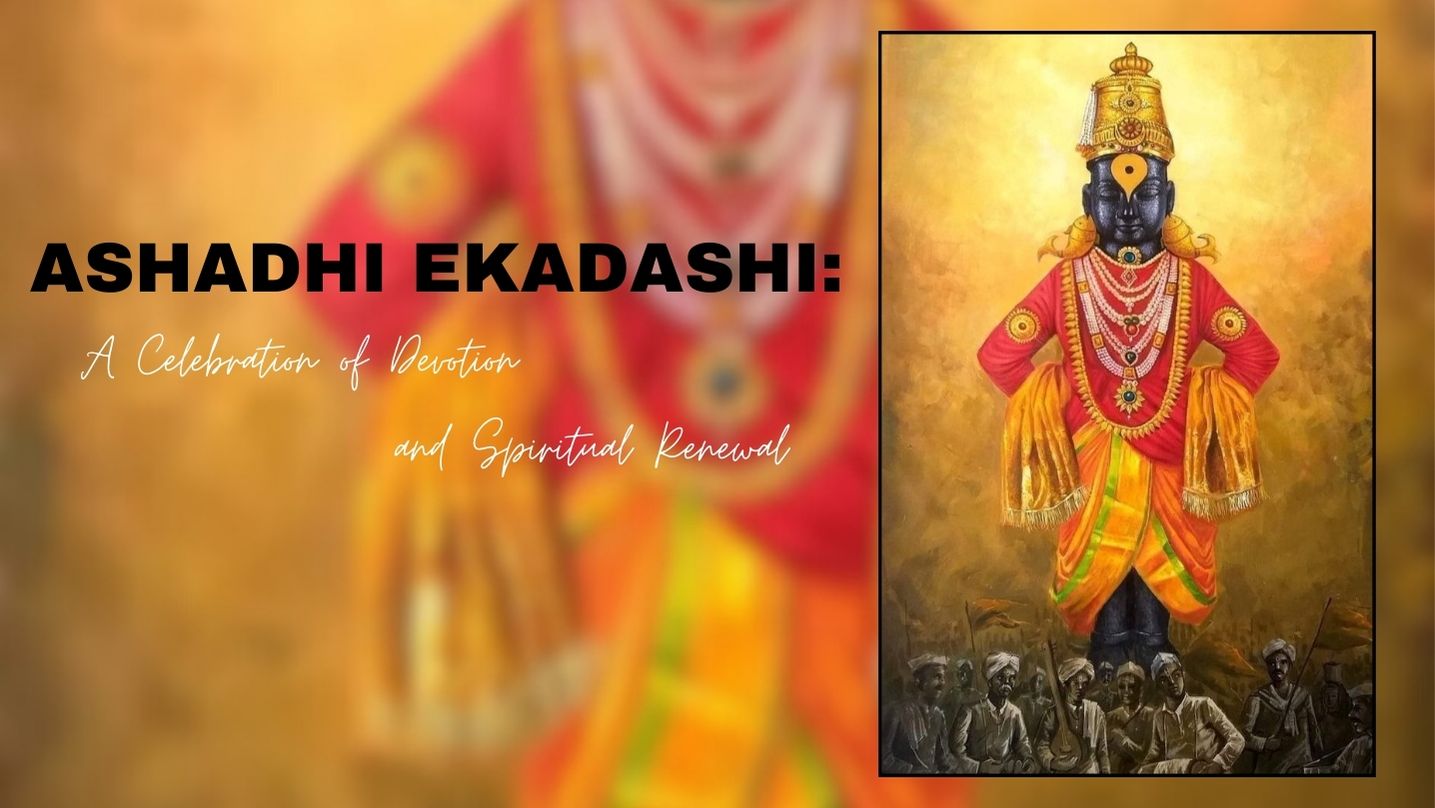
Ashadhi Ekadashi, also known as Shayani Ekadashi, falls on the 11th lunar day (Ekadashi) of the bright fortnight (Shukla Paksha) of the Hindu month of...
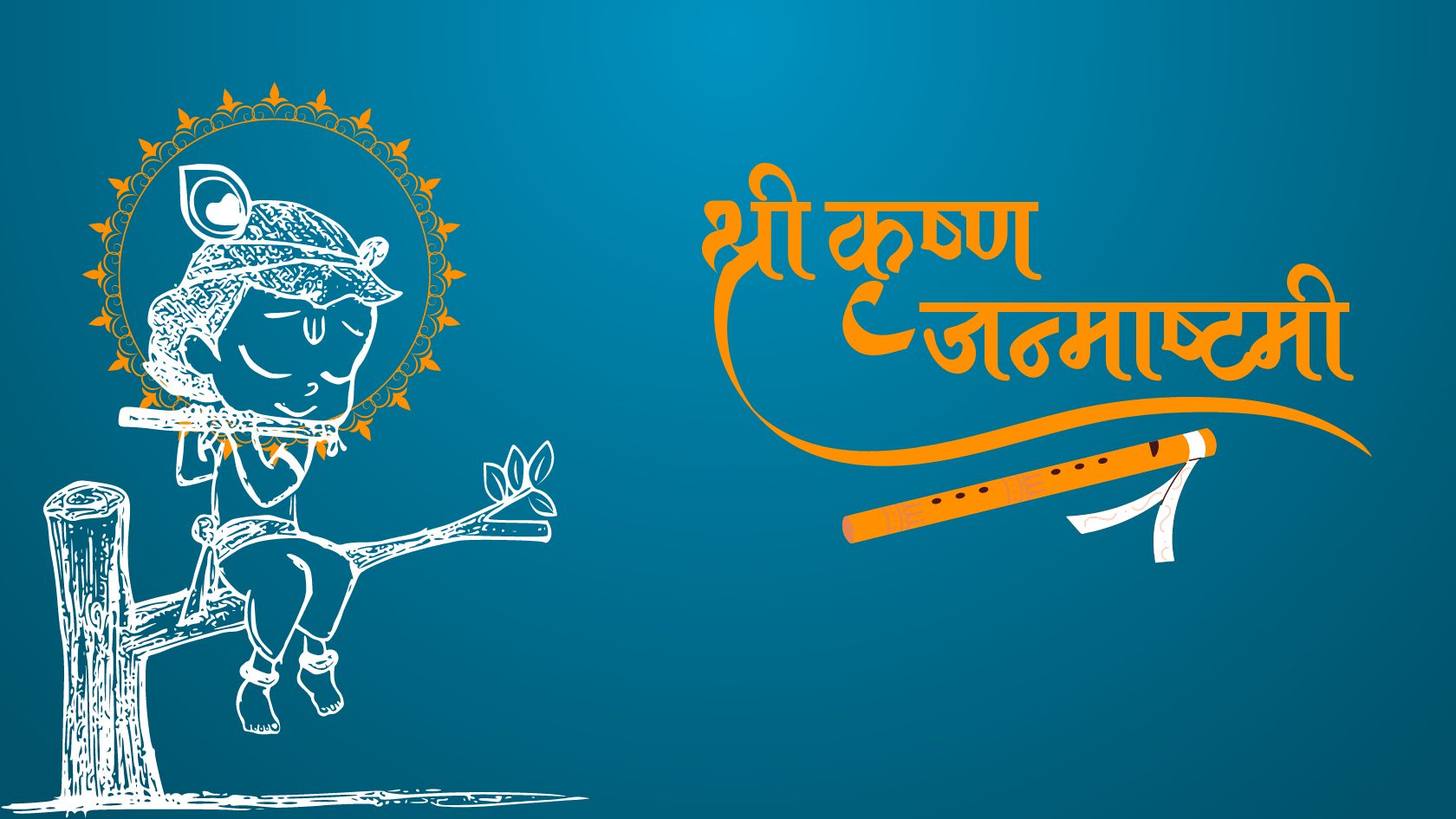
Every year, as the monsoon rains dance on the fields of India, an ancient story unfolds in the hearts of millions. It is the story of Krishna, the bel...
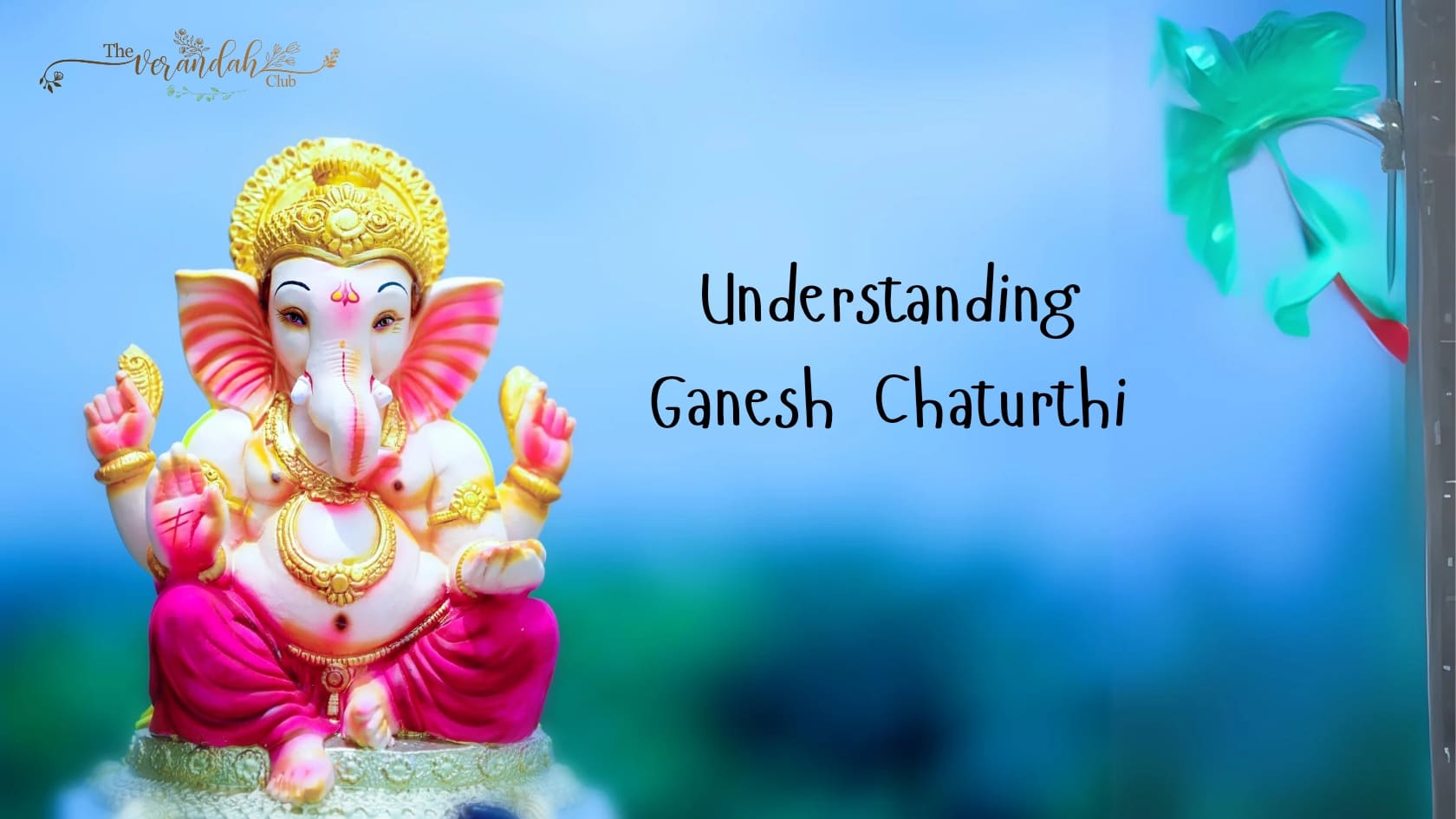
Ganesh Chaturthi, also known as Vinayaka Chaturthi, is a significant Hindu festival that honors Lord Ganesha, the deity revered as the remover of obst...